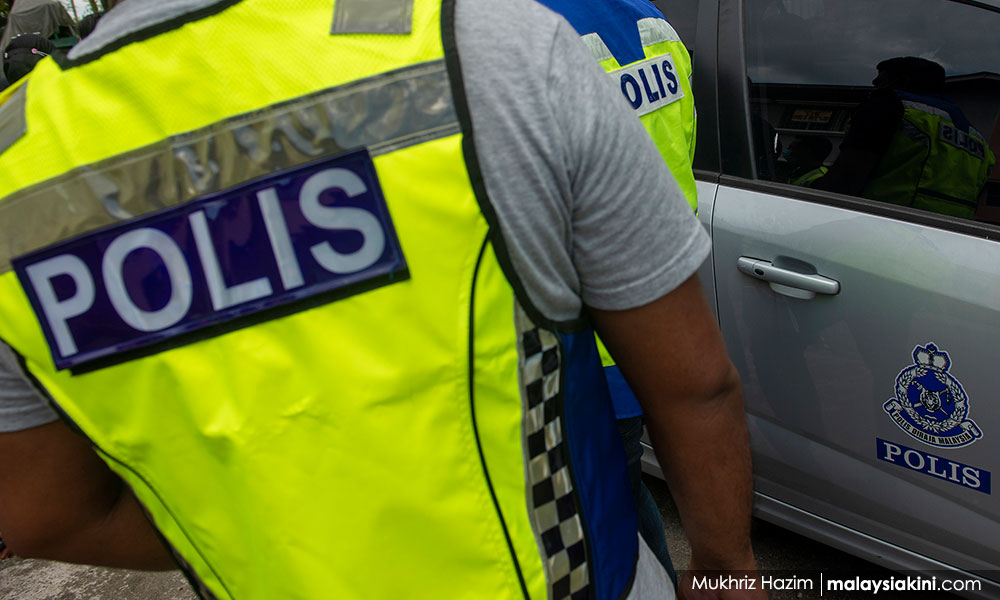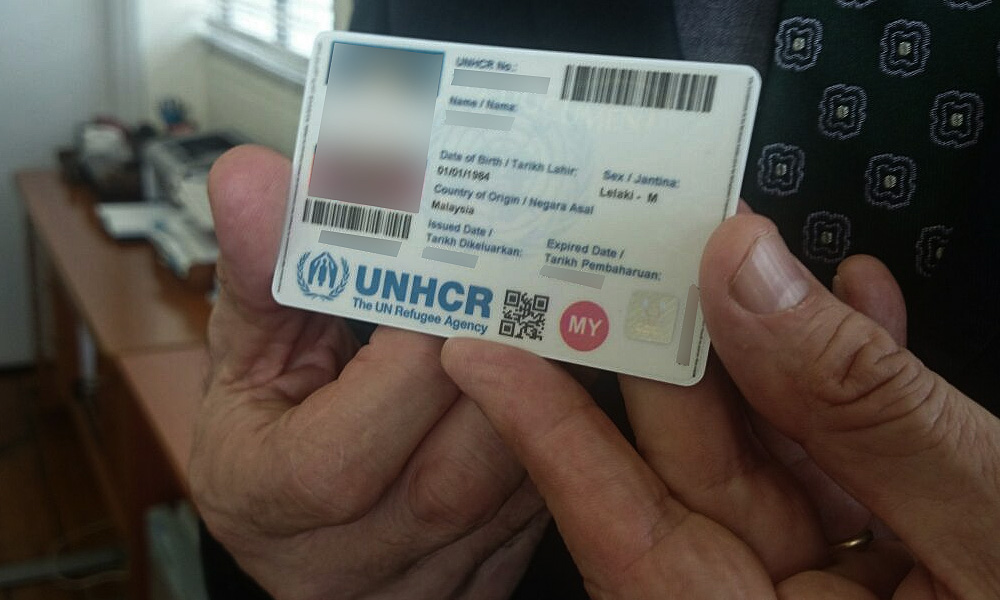Reports from Myanmar refugees of shakedowns and beatings by unscrupulous police officers in Malaysia have led to United Nations (UN) expert Thomas Andrews encouraging the government to re-examine its policies and practices that exacerbate human suffering in the country.
The UN Special Rapporteur on the situation of human rights in Myanmar was also deeply concerned about reports that hundreds of children may be in detention facilities, including victims of trafficking.
“Children should never be placed in migration detention facilities.
“There was also a palpable fear from refugees I spoke to during the week I was here, of being sent to migration detention,” he said.
The vulnerability of refugees in Malaysia is clear, said Andrews who noted that without identity documentation, Myanmar refugees he spoke to feared approaching the Malaysian authorities even if they were victims of crime or violence, or were subject to exploitation.
He said it was this very vulnerability that exposed them to further abuses.
He said nearly all the refugees faced threats of death or detention if they were to return to Myanmar so under no circumstances should anyone who has fled Myanmar be refouled back to Myanmar.
“I have found too many examples from refugees of shakedowns by unscrupulous police officers who relieved them of all their money.
“One was beaten by a police officer,” he shared.

Andrews is one of 80 UN special rapporteurs, each with a specific country or thematic mandate from the UN Human Rights Council.
Here on invitation from Foreign Minister Saifuddin Abdullah, Andrews was in Malaysia for a week to gain a better understanding of both the Malaysian and the Asean responses to the crisis in Myanmar.
Andrews had lauded the minister’s call to put Asean’s five-point consensus on Myanmar into a strategic action plan with a time frame for implementation and not wait another year of inaction.
Although his role focuses on the situation of human rights in Myanmar, he noted that many refugees in Malaysia feared walking on the streets because they were the target of unscrupulous police officers.
Andrews was not able to meet the home minister or anyone from the ministry.
“We have sought meetings but have not been able to get a meeting,” he said.
A human rights catastrophe
Andrews said the situation in Myanmar is a human rights catastrophe and people who are fleeing are refugees in the true meaning of the word, seeking safety beyond their borders, for an uncertain future, including in Malaysia.
“They are running for their lives, desperately seeking to escape attacks, persecution and torture, carrying with them deep trauma and arriving with often no more than the clothes on their back and a desire for a safer life,” he described.

He urged the Malaysian government to re-examine any policy or practice that exacerbated human suffering and preyed upon the vulnerability of the Myanmar people who are here in the country.
Andrews said he did not have access to any of the detention centres in Malaysia and neither did the families of those detained.
He noted that even the UN High Commissioner for Refugees has not had access to detention facilities since 2019.
“I spoke to a refugee whose brother has been detained for six months and she does not know of his condition, not when or even if he will be released.
“I was told that Rohingya refugees in detention are vulnerable to being detained indefinitely because they are stateless.
Lack of education
Andrews said education was another concern that was consistently raised during his trip here.
“Lack of education not only leads to hopelessness about the future but also leads children and their families into cycles of further marginalisation and negative coping mechanisms.
“I learned from current and former Malaysian government officials, as well as international organisations, those undocumented children are unable to attend public school in Malaysia.
“Instead, they receive primary education through community-based learning centres and secondary school education was out of reach for most, and university education is not accessible at all,” he shared.
Andrews learned that community-based organisations were trying to fill this void with committed volunteers, many of whom are refugees themselves, working only with meagre resources.
He said many had developed a system of community-based alternative learning centres.
“So long as public education remained unavailable to undocumented Myanmar children, the international community must step up to help fund these organisations, who are providing these essential services for Myanmar children,” he said. - Mkini




No comments:
Post a Comment
Note: Only a member of this blog may post a comment.